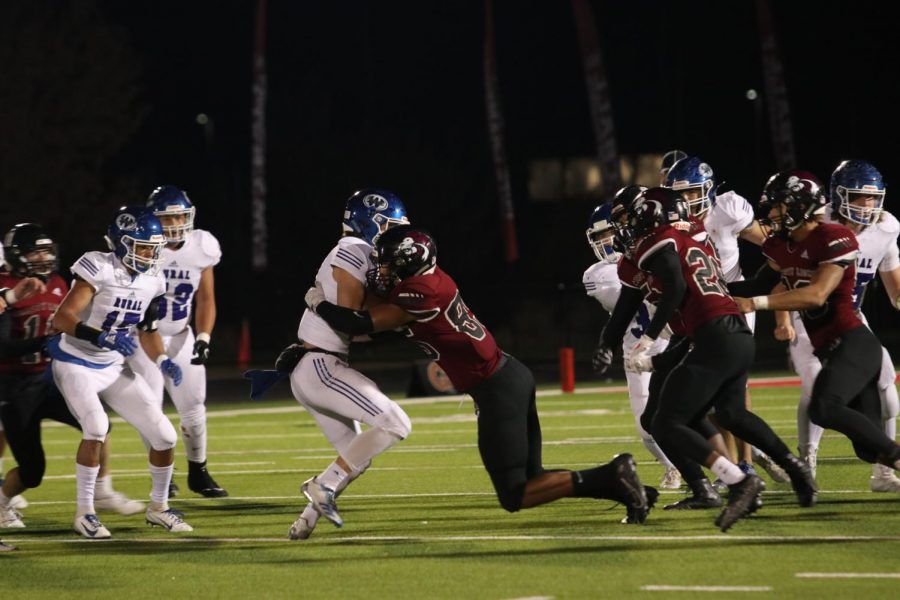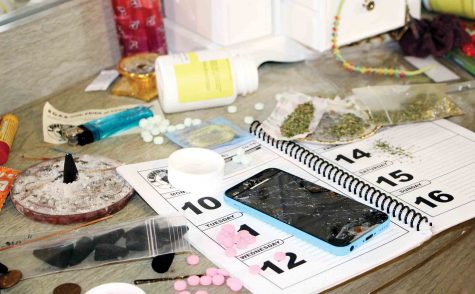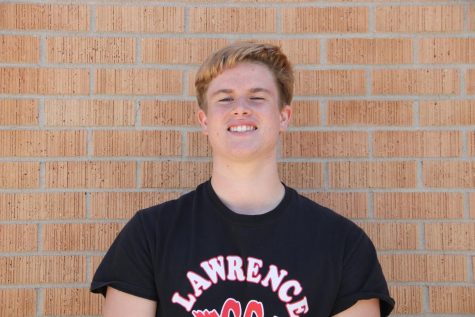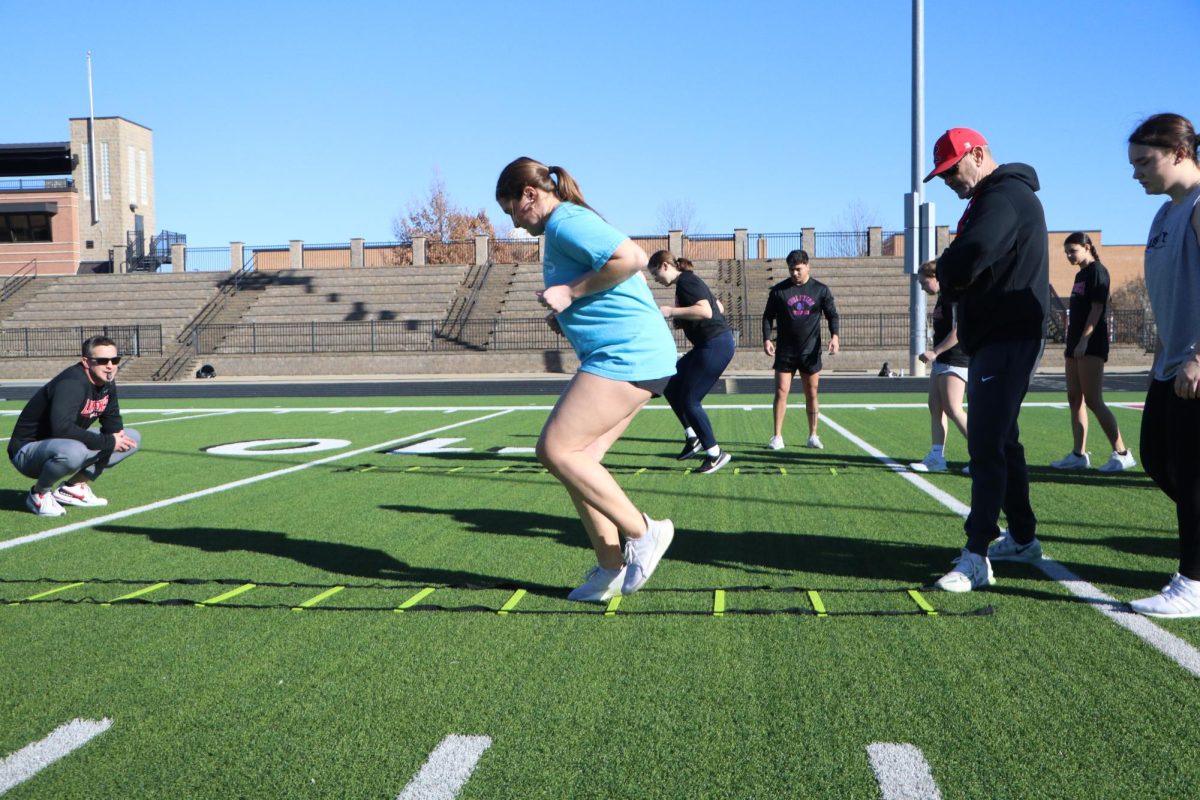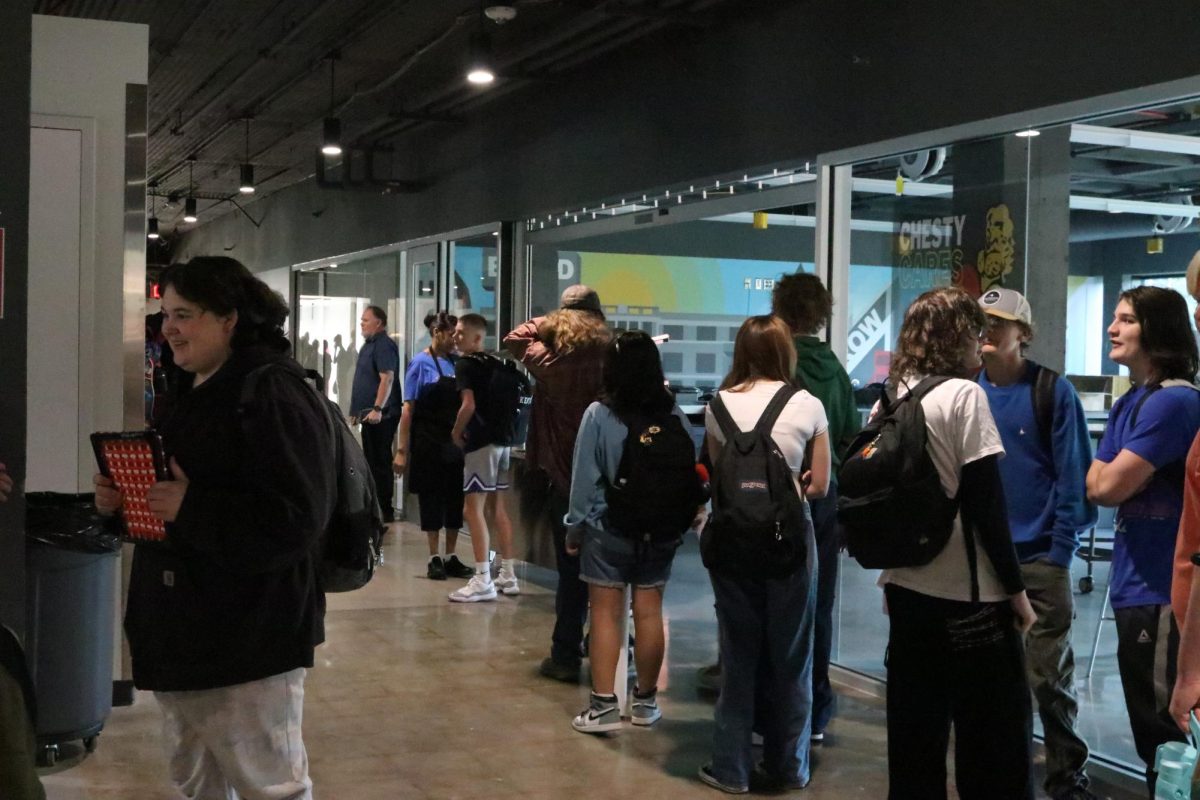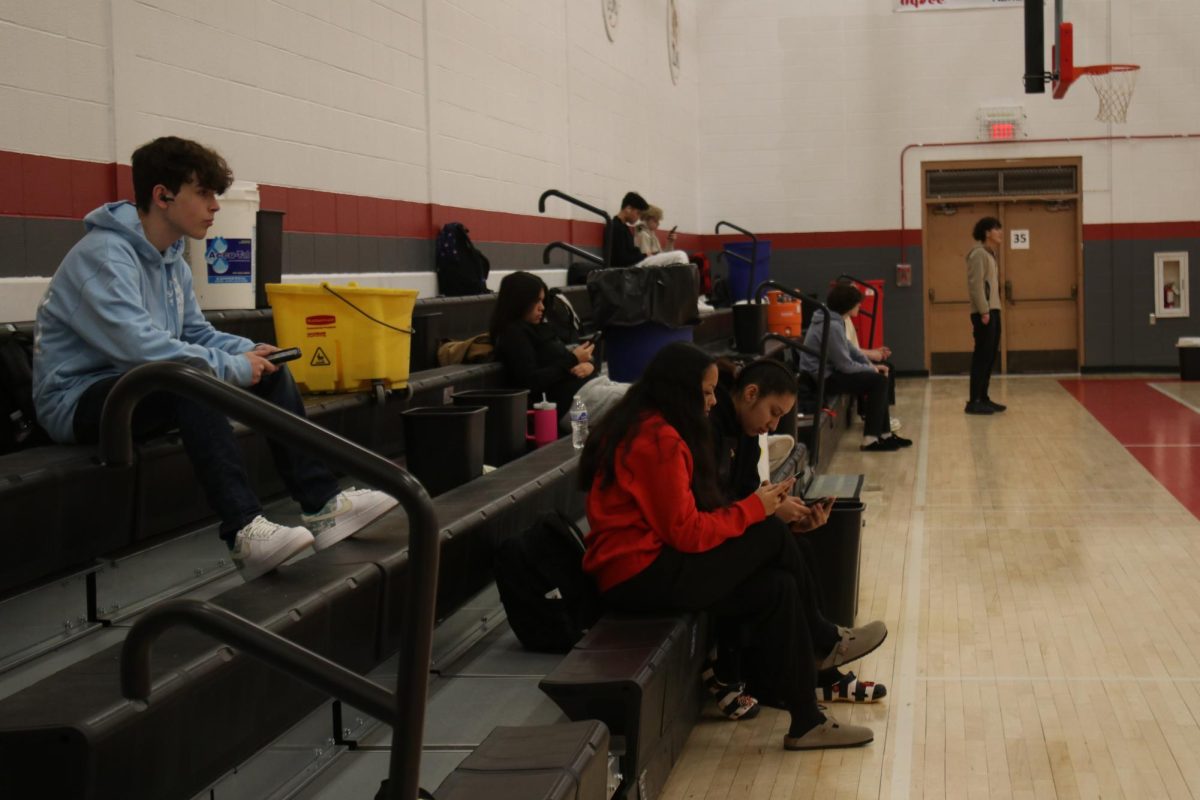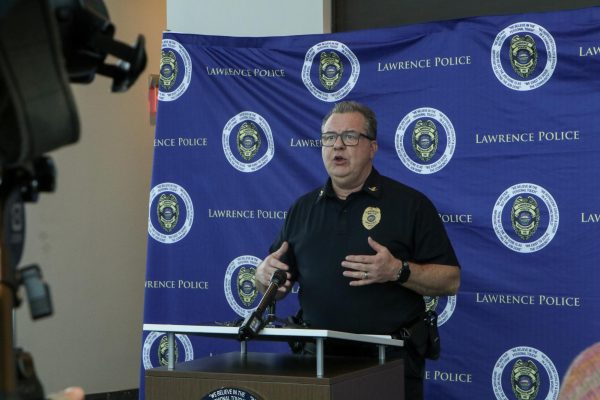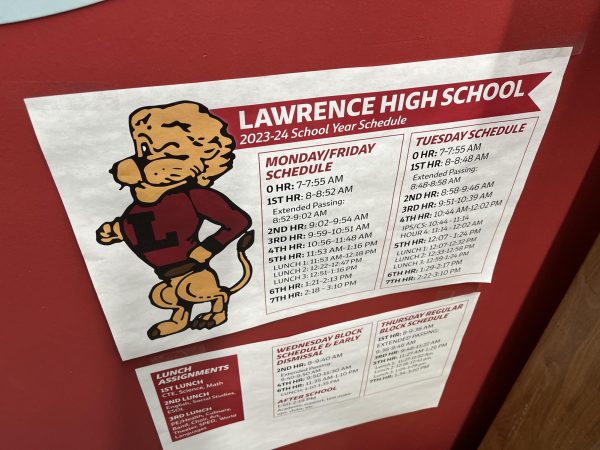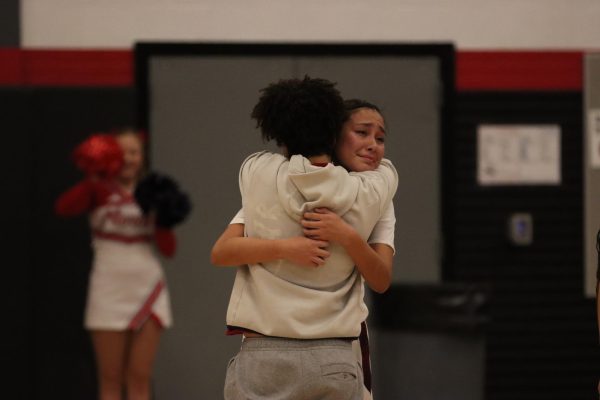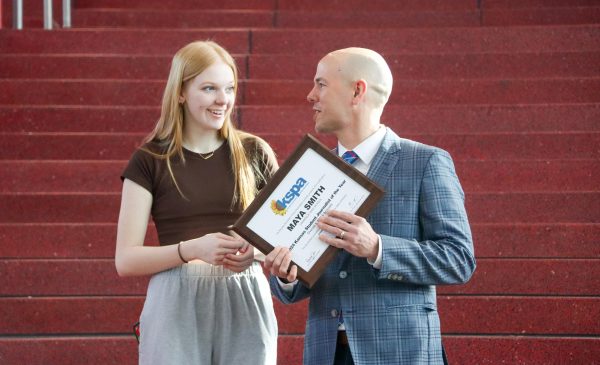Change in policy needed to end opioid abuse in sports
League policy, ease of access pushes athletes into opioid addiction
While opioid abuse is prevalent in professional sports, many athletes get addicted in high school
February 2, 2020
Imagine you are a professional athlete, every day giving your all and pushing your body to the limit through injury and fatigue. Now imagine a single swallow of a pill can make all your pains fade away… temporarily, at least.
The hard truth is that opioid abuse is prevalent in athletics. In fact, according to the American Public Health Association, highschoolers who participate in high contact sports like football and wrestling have a 50 percent greater risk of abusing opioids than their non-athlete peers. What this shows is that athletes are getting involved with highly addictive drugs at young ages. This abuse can carry on for the rest of their lives.
For the athletes that make it into professional leagues, the rules in place make taking opioids to manage pain an attractive option. In the NFL and, until late last year, the MLB, drugs like marijuana and synthetic cannabinoids are banned. Many professional athletes have spoken out about how marijuana has helped pain management despite far easier and more dangerous access to opioids.
“You really could go in the training room and get what you wanted,” said Calvin Johnson, former Detroit Lions wide receiver, in an interview with Sports Illustrated. “I can get Vicodin, I can get Oxy[contin]. It was too available.”
That abundance of painkillers in sports have pushed athletes, such as Hall of Fame quarterback Brett Favre, who took 14 Vicodin pills at once during his 1995 MVP season, into admitting addiction.
You really could go in the training room and get what you wanted
— Calvin Johnson, former Detroit Lions wide receiver
While this is clearly a rampant problem in the NFL, players in the MLB, NBA and NHL have spoken out about the prevalence of opioids in their respective leagues. Fortunately, the MLB and the NBA have started to take action.
After the overdose of Los Angeles Angels pitcher Tyler Skaggs this past summer, the MLB has enacted a new drug testing policy. In mid-December, the MLB announced it will no longer test for marijuana and instead add drugs like fentanyl, which was found in Skaggs’ system during his autopsy, to routine tests. If any opioids are found in an athlete’s system, they will be referred to help before they are punished.
This echoes the policy of the NBA which has not tested for marijuana in years. However, they still are similar to the NFL with ease of obtaining dangerous opioids. It seems like the future is moving more and more towards the changes the MLB has made.
Removing marijuana testing is a solution that many professional athletes have come out in support of. Former NFL player Chris Long has frequently said since retirement that marijuana helped him deal with his pain management, and circumventing testing was easy, anyway. Whether the players are caught with marijuana, alcohol or opioids, punishing the player should not be the first thing that happens. The league needs to offer help.
The rules in place make taking opioids to manage pain an attractive option
Giving help to people in times of crisis gives power back to them. Punishing athletes for their struggles brought on them by the league is insulting and dangerous. These athletes are scared to seek help because they do not want to be suspended or fined.
The image people have in their mind of an opioid addict is often poor white kids in the middle of rural nowhere. People need to realize that some of the strongest people suffer through this too. We praise athletes for how strong and seemingly invincible they are, but they also suffer through demons. We need to help people feel comfortable seeking out and conquering their addictions.




